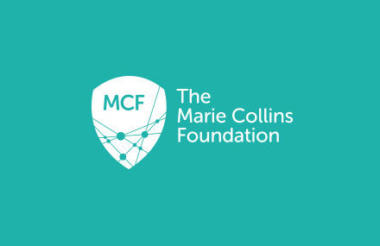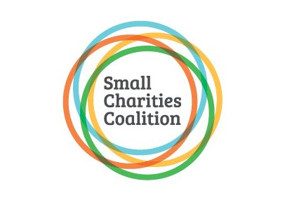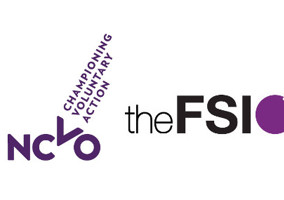Those of us privileged to lead or work in a small charity know that size doesn’t necessarily matter. As long as you can present a compelling case for funding and support, backed up by expertise, evidence and efficacy, then small can be beautiful.
It doesn’t have to mean you should be short on ambition or expect only a low profile. You have a voice and you can be heard. You may be the specialist organisation speaking up for disenfranchised, neglected groups or those suffering stigma.
Smaller organisations are often the ones picking up the more controversial areas of life in the modern world, the issues that must be spoken about but others may be nervous to touch.
Marie Collins Foundation is a perfect example of this. Who would believe that a modest – albeit highly qualified – team based in an office above a sweet shop in Masham, a market town deep in the Yorkshire Dales, could have global reach? Yet our work to support children who have been sexually abused online and their families is helping survivors not just across the UK but also overseas.
We could not do it alone
We recently spent time in Vietnam where we held training sessions for 400 teachers and public sector officials.
Through the Global Protection Online Network we have established, and our annual international conference held in London each summer, we also bring together practitioners from around the world to share best practice, latest innovations and experience in this field, with victims at the front and centre of everything we do.
Closer to home, we continue to train frontline professionals in how best to respond to children and families caught up in crimes and harm relating to online sexual abuse, to work with the media to inform their reporting of these issues and to advise policy makers.
We could not achieve this alone, of course, and value greatly the support – both financial and professional – of partners like BT, Microsoft and the public sector.
Steering Clear: A campaign to educate young men
One example in particular highlights just what can be achieved when charities like ours partner with much bigger organisations.
In the autumn of 2016, we were invited to join the Home Office and the Internet Watch Foundation (IWF) in developing Steering Clear, a campaign to educate young men on the law regarding indecent images and videos of under-18s online.
The campaign aims to increase awareness among a group whose online habits leave them particularly at risk of accessing illegal content, often without realising, which can create further suffering for victims, increase demand for such images and leave users open to arrest and prosecution. A central message of the campaign encourages reporting of indecent imagery to the IWF.
The priority for MCF was to ensure the victims’ voice is heard and to raise awareness about the deep and lasting harm of indecent content. It was paramount to us that safeguarding and support for victims who disclosed abuse as a result of the campaign was considered and made available from the outset. It has been a source of great pleasure to see how partners fully took this on board and have valued our contribution in this aspect.
Communicating sensitive topics like those associated with this campaign and others like it is not easy and much thought and planning must go into how the messages are presented, and by whom otherwise you run the risk of causing more harm than good.
We, and our survivor group, shared knowledge, expertise and first-hand experiences that informed the development and dissemination of campaign content and assets, bringing authenticity and credibility as well as recognition and understanding of the victim experience.
Using real survivor stories
A film, Stephanie’s Story produced by LadBible, was based on real survivor stories and has gone on to be viewed 5.4 million times. Other campaign films to which we contributed have been viewed 11 million times on social media, digital display and Xbox and prompted thoughtful discussion among young men about victimisation and the law
Together, we partnered with YMCA to deliver a pilot workshop programme run by volunteer mentors; took part in a webinar with the NSPCC Child Protection in Sport Unit; and worked with football vlogger Theo Baker on videos that attracted over 137,000 views.
Our further contribution has been to bring in additional partners – existing and new – who could either help share the campaign with our target demographic, such as Suffolk University, Cheshire FA, UK Coaching and Essex Cricket, or inform and support it in other ways, for example Facebook and Black Sheep Brewery, with whom we are developing new methods of reaching our audience. The unique specialisms and capabilities of each partner in the campaign, which is now in its third phase, feeds wisdom into the bigger picture.
We could not have achieved any of this alone, nor without the resources and influence of the Home Office and IWF. Our presence on social media, engagement in our work, our profile and the breadth of opportunities offered to us have all increased significantly. So while there are things we can achieve alone, there is much more strength in numbers.
Together we are bigger than the sum of our parts. Together we can make a real difference.
For more information, visit www.mariecollinsfoundation.org.uk; https://stoponlinechildsexualabuse.campaign.gov.uk
Professor Tink Palmer MBE is the founder and CEO of Marie Collins Foundation
|
Related articles












